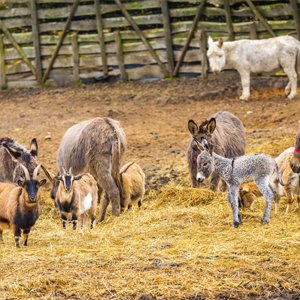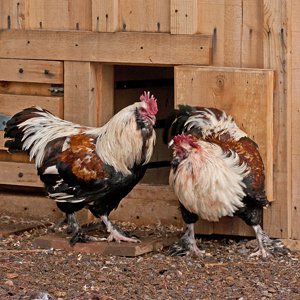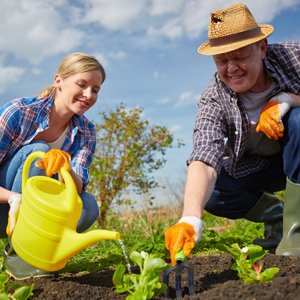 Tweets
Tweets
-

01 - Methodological and technical framework
During the preparatory stage for the implementation of the social experimentation, the PROFARM partnership will cooperate to define a methodological and technical framework. The operating methodology and the toolkit will enable the interdisciplinary working group to integrate education, social, organizational, welfare and agricultural knowledge and competences, with the final aim to develop a customized and person-centred social intervention that is capable to stimulate the individual potentialities of the target group.
-

02 – Social farming local networks
Partners investigate the role that conscious and unconscious stakeholders already carry out for the promotion and support of Social Farming in the territories interested by the experimentations. The field research, coordinated by the task leader Petrarca, will be based on a preliminary analysis of each territory (conducted within the already existing network of each partner) aimed at individuating and concentrating the attention on a specific geographical area rather than on the specific sector of Social Farming.
-

03 – Training of operators and co-planning
The training is organized taking advantage of the Open Educational Resources available through a specific section of the project website. The course is promoted among the PROFARM Social networks and it is open to interested learners from the following professional fields: VET schools, health-care agencies, social cooperatives, public social services, labour offices.
In each country, the Case Managers who submitted at least one form will meet for a first operational meeting for the agreement on the 30 most appropriate cases to be further assessed (for a total of 90) and will initiate the co-planning of the projects for social inclusion through Social Farming.
-

04 – Work-based learning in Social Farming
During the third step of the model experimentation, all the confirmed users, among the 30 initially selected by the Case Managers, will be guided through a process for the skills’ assessment. Each intervention will take from 8 to 10 hours per participant and it will results in a narrative report that will be attached to the identification form of the user.
The implementation methods of the projects for the traineeships of young disabled people in Social farming meet the needs of a combined therapeutic and educational intervention and, in this sense, agriculture appears to be the most appropriate opportunity to achieve these goals.
-

05 – Scale-up events and policy recommendations
Policy recommendations represent the key output for supporting the exploitation of the new model and, after the MoU already signed by the members of the local networks, it can be considered as the 2nd Milestone for the Scale-up strategy of the project which aims at expanding the social innovation process at an institutional level. Umbria Region will firstly elaborate a draft version of the Policy Recommendations to be shared and undersigned by all the project partners, in order to exploit it with the Capacity Building activities expected for the final events.
Latest Videos
ProFarm community
-
PROFARM Scales-up all over Europe!
Three final events in Italy, Germany and the Netherlands for celebrating the closure of the PROFARM project.
-
Workshop finale del progetto PROFARM
L’empowerment dell’individuo con disabilità in Agricoltura Sociale... resconto di tre anni di sperimentazione su tutto il territorio regionale!
-
SECOND INTERNATIONAL PEER-REVIEW EVENT FOR THE PROFARM PROJECT
30 peers from all over Europe gathered to discuss on the added value of the PROFARM project and to validate the project's deliverables





